Over the last decade, TV has gone through a major shift, making space for bolder series with experimental formats and themes that were once considered off-limits. In the middle of all that, some shows stood out not just for their artistic ambition or technical achievements, but for the controversy they sparked. Whether it was provocative content, ethically complex storylines, or behind-the-scenes issues, these shows triggered strong reactions and kept the critical conversation going. These weren’t just series that shocked – they pushed limits, raised difficult questions, and left a lasting impression. Remember the ones that got everyone talking?
Videos by ComicBook.com
Here are seven of the most controversial TV shows of the decade – productions that definitely didn’t go unnoticed and, if you’re not paying attention, are still stirring up discussion to this day.
1) Euphoria
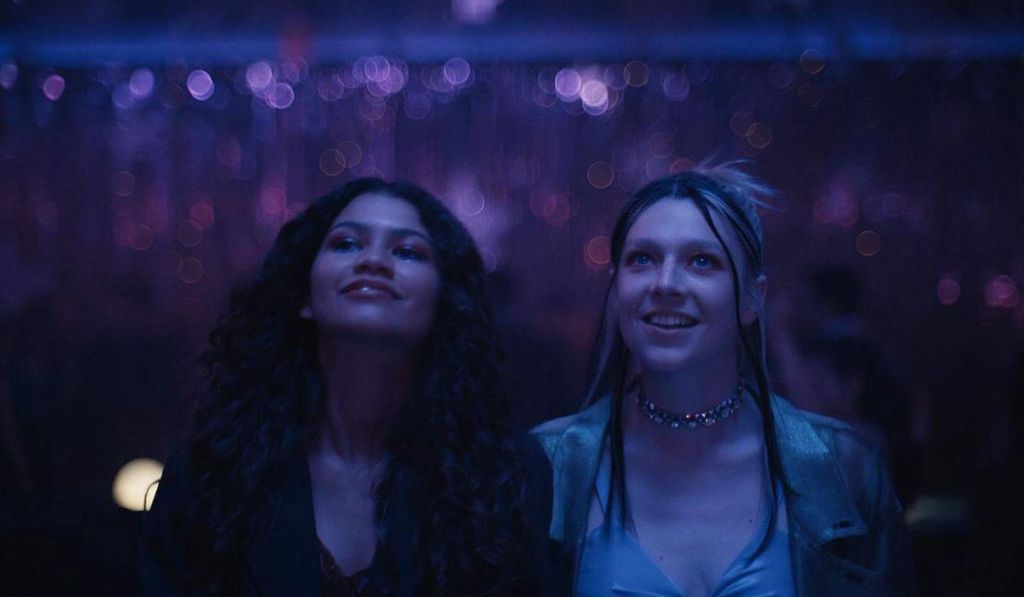
When Euphoria premiered, the show gained attention not so much for its narrative, but for its aesthetics – quickly turning into a full-blown social media trend. However, after Season 2, some revelations came to light. The series became the subject of behind-the-scenes controversies that raised serious concerns about production conditions. Allegations of exhausting workdays, last-minute script changes, and reports of general disorganization suggested that the chaos on screen wasn’t entirely fictional. Instead of just shocking viewers, the show exposed how toxic the process of creating such a massive production could be.
But the drama didn’t end there. Rumors of tension between showrunner Sam Levinson and parts of the cast (especially Barbie Ferreira, who ultimately exited the series) only reinforced the sense of a strained environment. While Zendaya defended the emotional goals of the project, many began to question whether the show’s artistic brilliance was worth the off-camera toll. The truth is, Euphoria became controversial on two fronts: for what it dares to show, and for what it chooses to hide. It’s beautiful, yes – but only on the surface. The long delay for Season 3, filled with postponements, is very much tied to that (despite other setbacks).
[RELATED – 7 Shows That Should’ve Stopped After One Season (But Didn’t)]
2) 13 Reasons Why
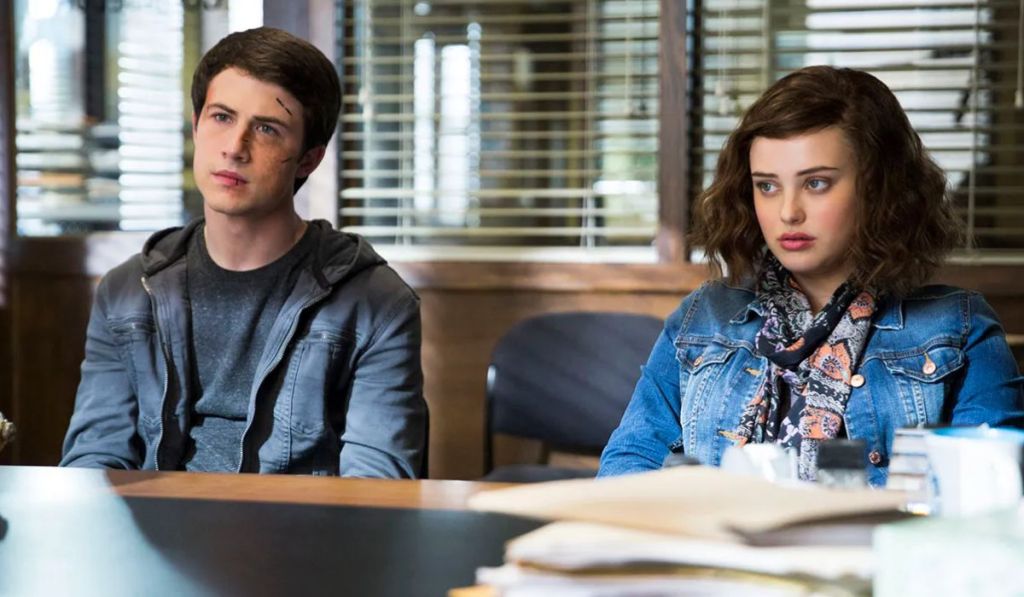
Here, there’s more going on beneath the surface. 13 Reasons Why arrived with impact – an intense, emotionally charged script that wasn’t afraid to dig into raw, painful territory. But from the beginning, the series seemed to blur the line between sparking important conversations and exploiting suffering for dramatic effect. By centering its plot on a teenager’s suicide turned mystery-revenge story, the show was quickly accused of romanticizing suicide, downplaying mental health issues, and potentially influencing vulnerable viewers at a time when depression had become the world’s leading illness. The graphic depiction of Hannah’s (Katherine Langford) death (later removed) became the focal point of this backlash.
And despite the outcry, the show continued. Subsequent seasons tried to expand the discussion, tackling rape, addiction, bullying, and gun violence – but kept swinging between real social commentary and over-the-top sensationalism. Rather than evolving, the show often felt stuck in a cycle of shock-for-shock’s-sake. That’s the central paradox: 13 Reasons Why set out to open a dialogue, yet repeatedly derailed it with controversy. The premise may have come from a place of wanting to raise awareness, but the execution lost its way – clumsy, provocative, and dangerously irresponsible.
3) The Handmaid’s Tale
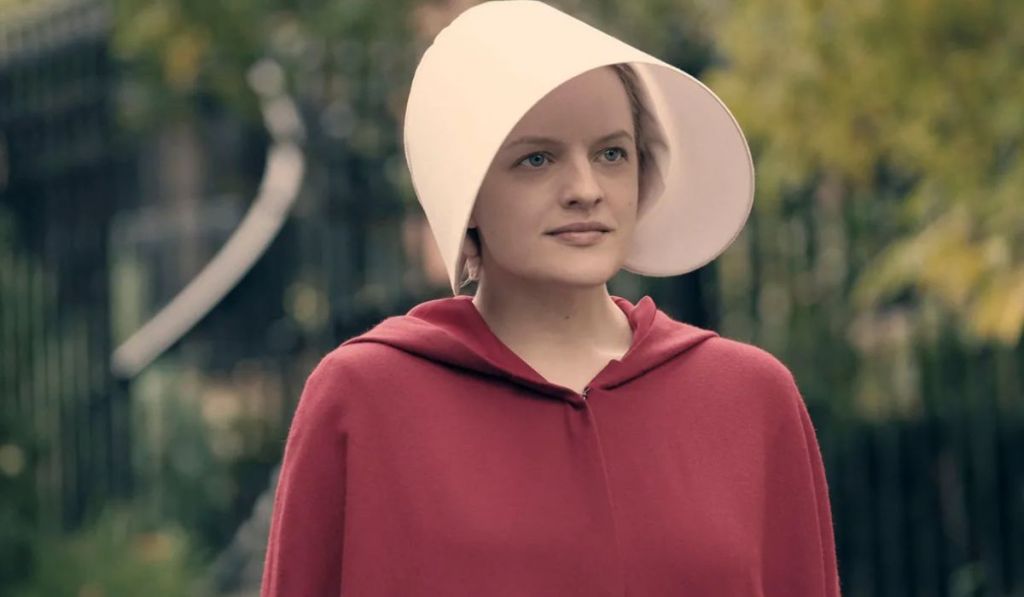
The Handmaid’s Tale didn’t come into the world to be subtle – and thank goodness for that. Since its debut, the series based on Margaret Atwood’s classic novel has established itself as one of the most politically charged shows on TV, showing a dystopian future that, for many women, felt close to reality. With its unsettling aesthetic and powerful commentary on authoritarianism, misogyny, and control over women’s bodies, the series became a symbol of resistance. But as with anything that resonates deeply, it also drew heavy criticism. Some accused the show of pushing depictions of female suffering to the limit, turning trauma into a kind of narrative ritual.
And that’s where the controversy truly takes root; as relevant as it is, The Handmaid’s Tale didn’t always know when to pull back. As the seasons went on, the pain endured by the characters – especially June (Elisabeth Moss) – began to feel repetitive, leading some viewers to wonder if the story was still a form of protest or had crossed into emotional punishment. Still, the show’s impact is undeniable, even inspiring real-life protests. The feeling of discomfort isn’t just thrown in there – and maybe that uneasy feeling is exactly what makes it one of the most talked-about (and essential) shows of the decade.
4) The Idol
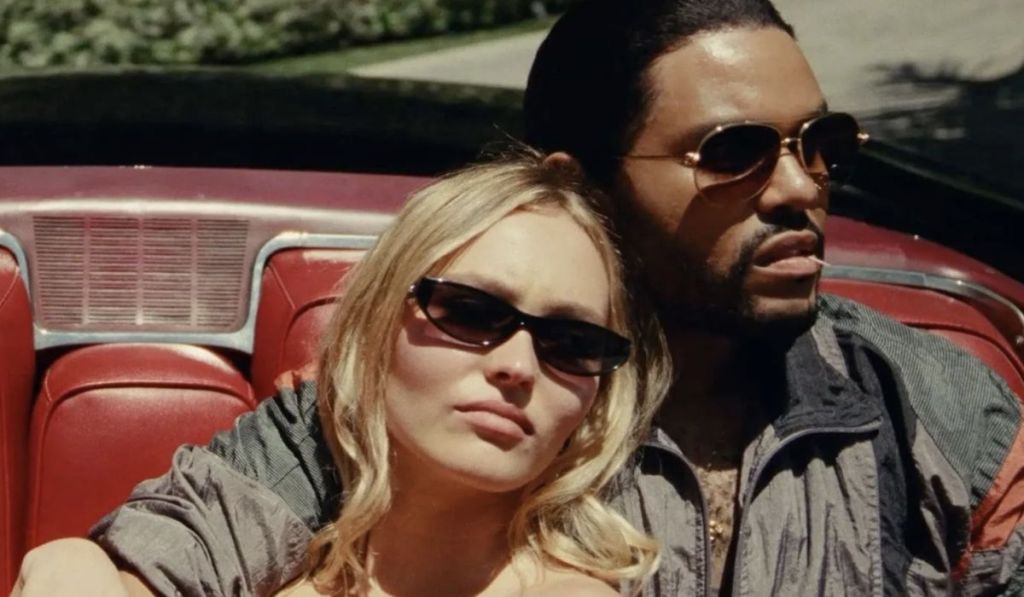
If Sam Levinson is involved in a project, controversy is almost guaranteed to follow. The Idol arrived amid massive hype, promising to be a major phenomenon blending music, fame, and a daring exploration of a toxic relationship. But the show quickly became synonymous with controversy – not just because of its script packed with explicit and questionable scenes, but mainly due to the turbulent behind-the-scenes drama. Multiple reports surfaced revealing a toxic environment marked by abuse of power and an intense atmosphere of pressure and unprofessionalism. Sound familiar? It’s very much in line with what was uncovered around Euphoria.
The show had a strong premise, but the execution was widely and harshly criticized. Many described The Idol as a disturbing fantasy that seemed to lose its way between exploitation and social critique. What was meant to be a provocative look at the fame industry instead fell into the cliché trap of relying solely on shock value – and little else. Behind the scenes, it turned into a textbook example of how excessive ambition and lack of clear direction can derail even the most promising productions. And even the most forgiving viewers found it hard to stick around.
5) Game of Thrones
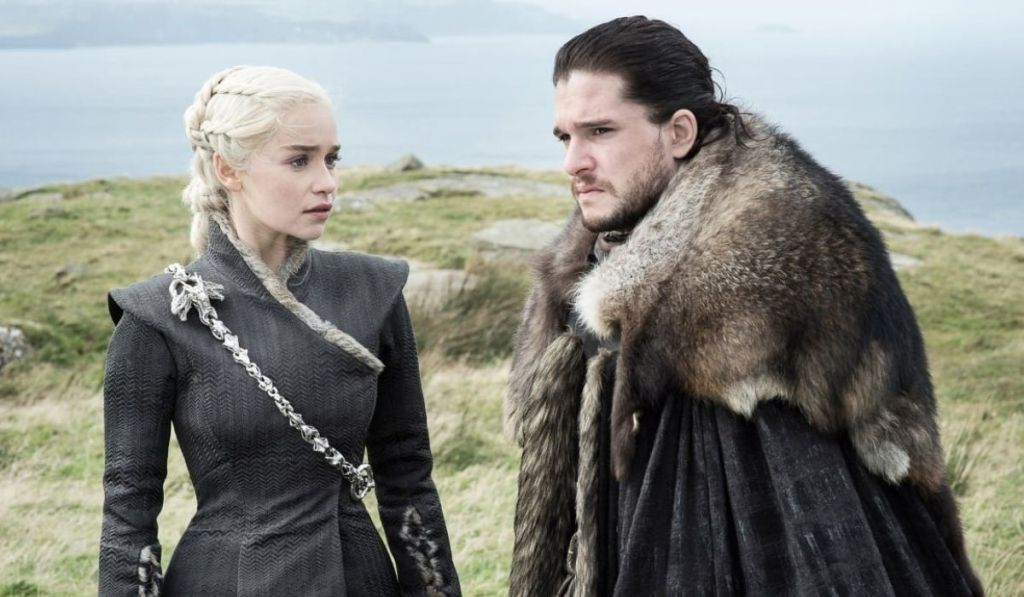
For many, Game of Thrones remains a tough topic to bring up. For years, the show stood as the pinnacle of TV, captivating millions with its intricate political plots, complex characters, and relentless twists. But while the saga’s early seasons were near flawless, the final season became a minefield. The rush to close major storylines, controversial creative choices, and a breakneck pace left fans frustrated and even outraged. The finale felt disconnected from everything that had come before, triggering intense debates across social media and forums.
Behind the scenes, Game of Thrones wasn’t free from controversy either, but it’s the creative decline that stands out the most. What was once an overwhelmingly revered legacy now carries a double-edged weight: a masterpiece that redefined TV, but also a tale about sacrificing story coherence and depth for a speedy finish. This very duality marked the show as one of the decade’s most controversial shows – equally loved and criticized in the years since.
6) Dahmer – Monster: The Jeffrey Dahmer Story
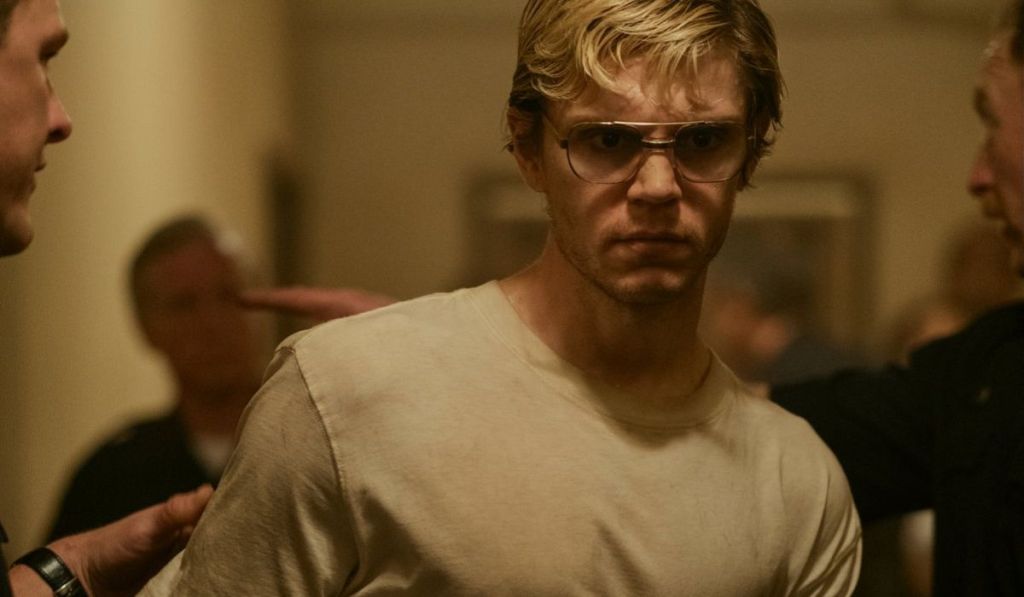
Dahmer – Monster: The Jeffrey Dahmer Story was one of the biggest hits when it premiered, but also one of the hardest to watch. Created by Ryan Murphy, the series aimed to recount the brutal crimes of Jeffrey Dahmer, one of America’s most notorious serial killers. Despite Evan Peters’ standout performance, the show quickly faced accusations of sensationalism and exploiting real victims’ suffering for entertainment. Some victims’ families publicly said they were never consulted and that turning such a painful chapter into a graphic series was deeply disrespectful and retraumatizing.
Turning real-life crimes into fiction demands serious care. Where’s the line between telling a story and commodifying tragedy? Dahmer tries to frame itself as social critique – tackling racism, homophobia, and police failure – but not everyone bought that narrative. For many, it slipped into the “true crime pop” trap, where the killer becomes a dark fascination, while the victims’ pain fades to the background. The result? A powerful show, yes, but one overshadowed by ethical controversies that might linger longer than the story itself.
7) The Walking Dead

Alongside Game of Thrones, The Walking Dead was another massive hit when it first premiered. It started as a TV revolution, setting a new standard for crafting tense, gripping zombie stories that kept viewers hooked week after week. But over time, the series lost its way in a tangled maze of drawn-out plots, shocking deaths with little consequence, and a repetitive rhythm that turned what was once a must-watch event into a tiring slog. The most controversial moment? Glenn’s brutal and graphic death at Negan’s hands – a scene that deeply split fans.
Behind the scenes, troubles only added fuel to the fire. The exit of original creator Frank Darabont triggered lawsuits and allegations against AMC, leading to multiple showrunner shakeups, internal conflicts, and constant plot reshuffling – all of which undermined the story’s consistency. Still, despite its ups and downs, The Walking Dead held on to a loyal fan base and left an undeniable mark on pop culture. It’s a stark reminder of how a once-unstoppable series can lose its shine almost overnight.








